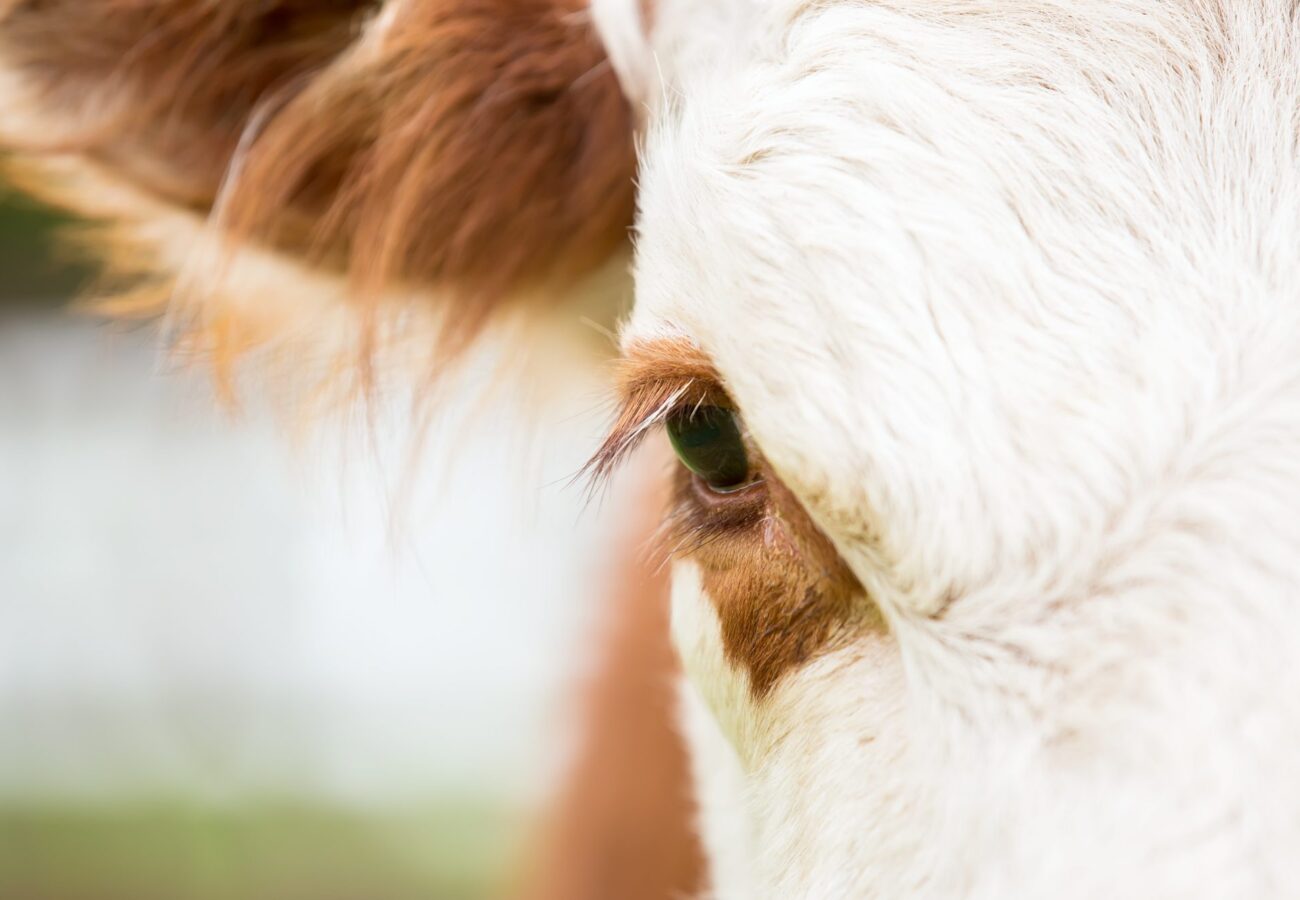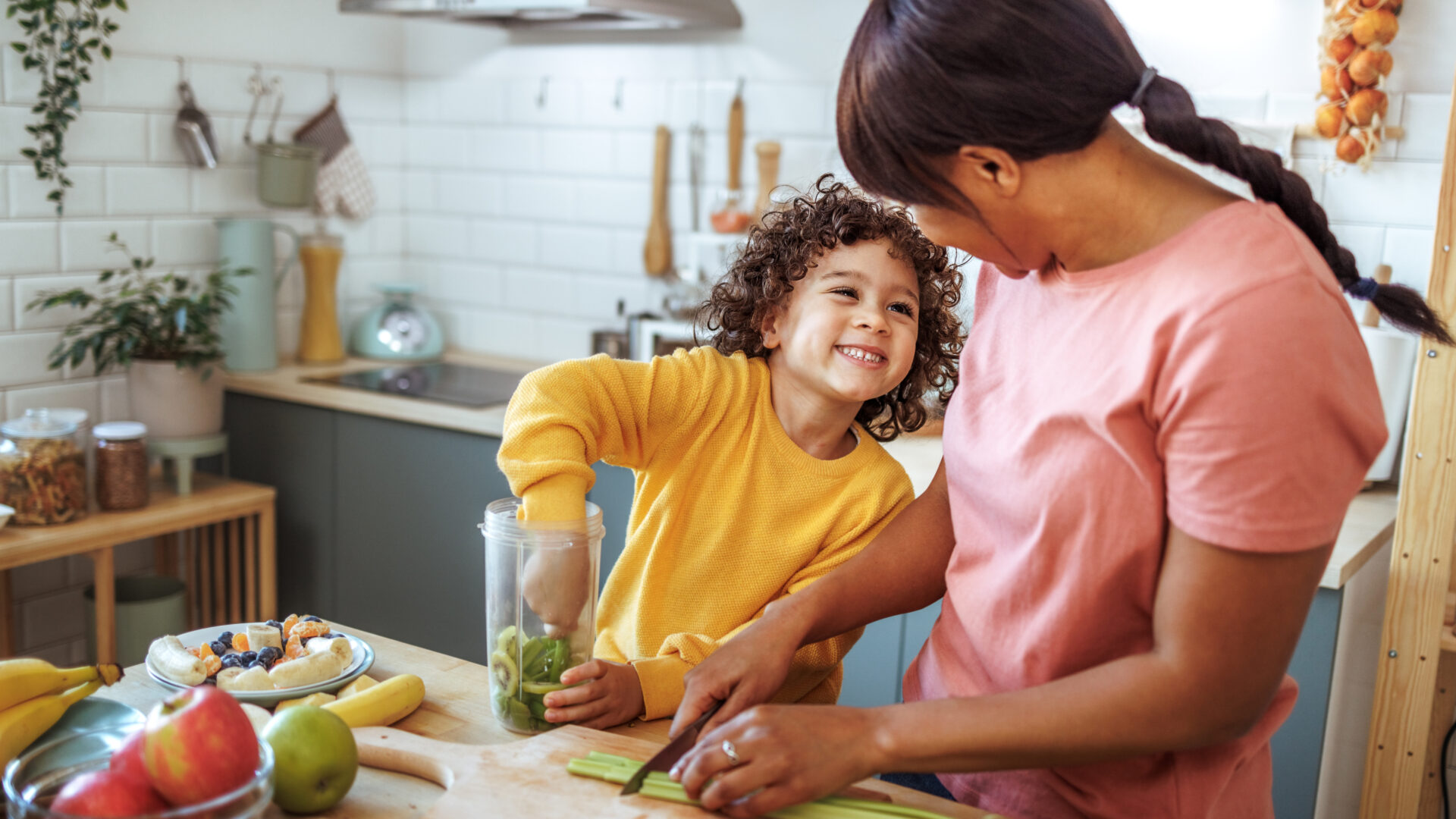Veganism isn’t just about what we eat. It’s a movement dedicated to embracing kindness, compassion and respect in all parts of life from what we wear and how we spend our time, to how we interact with the world around us. Sadly, society is set up to work against us: we’re told that profit comes first and the lives of animals and the natural world should come second.
We believe that by using your consumer power to boycott industries that harm and exploit animals, you’ll be helping to shape a future that’s kinder and fairer for all, for generations to come.
Cruelty-free shopping grew in popularity in the 1990s and is more accessible than ever. True cruelty-free products are those that have not been tested on animals and contain no animal ingredients – be careful though, as some products can be one or the other, but not both!
Many highstreet cosmetics brands and household cleaning products needlessly contain animal products (sheep fat in washing detergent, for example). When looking at packaging, check for words like plant-based, cruelty-free, not tested on animals or vegan.
Animals suffer horrifically in the name of fashion: fur, wool, leather, silk and more. You may be surprised to learn that although fur farming was outlawed in the UK in 2000, we continue to import it from factory farms overseas. It’s incredibly difficult to tell the difference between real fur and high-quality faux fur, so it’s best to avoid it completely.
Ask your MP to support a ban on the import of animal fur
The good news is that as the vegan movement grows, so too do vegan alternatives, including shoes without leather, bedding without feathers and synthetic alternatives to silk and wool.
One of the most common questions we get asked is what to do with the non-vegan clothing you already own?
There is no right answer. Some vegans continue wearing their old clothing until it needs replacing; after all, the damage has already been done, and throwing it out would be wasteful and potentially harmful to the environment.
Others don’t feel comfortable wearing animal products. If that’s you, you could donate your clothes to non-vegan friends and family, or to a charity shop, preventing others from buying new animal-based products and contributing to the demand.
Many of us are lucky enough to share our homes with animal companions and couldn’t imagine life without them – they might even have inspired you to speak out for other animals or embark on vegan living!
But the ‘pet industry’ is profit-driven like any other and intentionally misleads us into contributing to animal harm and exploitation. The industry breeds, imports and sells countless animals each year, perpetuating the idea that animals are products to be bought and sold.
Breeding facilities operate in secrecy, conditions in ‘pet shops’ are dire and there is no protection for animals once they enter someone’s home.
Support our friends at Rescue Not Retail by boycotting pet shops that sell live animals
Ethically, there is no justification for bringing animals into existence when we cannot care for those already here. If you are in the fortunate position to offer an animal a home, please adopt through a reputable rescue centre and never breed or buy.
Animals have been abused in the name of ‘entertainment’ for hundreds of years, from zoos and safari parks to hunting and shooting.
Forcing animals to race, like horses and greyhounds, is a cruel and outdated way to have ‘fun’. So too are festive events like reindeer parades and penguin displays, which cause animals stress and teach children that animals are objects to be looked at.
Vegan living FAQs
Vegans follow a completely plant-based diet and do not eat anything that comes from an animal, including meat, fish, eggs, dairy products and honey.
Vegans also make sure their household products, toiletries and cosmetics are free from animal products and not tested on animals. And they choose not to wear wool, leather, silk, fur or other clothing made from animal-derived materials.
Vegans eat all foods that do not come from animals, such as meat, fish, eggs and dairy products. They tend to eat a greater variety of foods, for example vegetables, fruit, pulses (beans) and nuts, than meat eaters.
Living a vegan lifestyle is the best way to help animals. It’s also better for the environment, as animal farming is a major cause of climate change, and a balanced plant-based diet is better for you – but you don’t have to go vegan overnight!
In fact, lots of people go vegetarian first. Some start by eating a vegan diet one or two days a week, and as they learn more about what to eat, before they know it, they’re animal-free!
Realistically, not everyone will go vegan overnight. But as more and more people become vegan, the demand for animal products will reduce and so farmers will breed fewer animals. Importantly, less animals means less suffering and more room for farmers to grow food crops for people to eat instead.
With less land needed to feed people, land can be restored to its natural state through rewilding and more wild animals will be able to return to the countryside. For example, oceans, rivers and streams would no longer be polluted by fertilisers and pesticides, so birds, fish and other animals can return home.
The end of big animal agriculture would also slow climate change, meaning fewer wild animals being displaced from their homes.
Finally, the animals we imprison on farms today did enjoy freedom once upon a time: turkeys, ducks, geese, chickens and fish all do just fine in the wild. So too could pigs, sheep and goats (who live in the wild even today!) if only given the chance.

Take action
Veganism isn’t just about what we eat. It’s a movement dedicated to embracing kindness, compassion and respect in all parts of life: what we wear, how we spend our time, and how we interact with the world around us.

